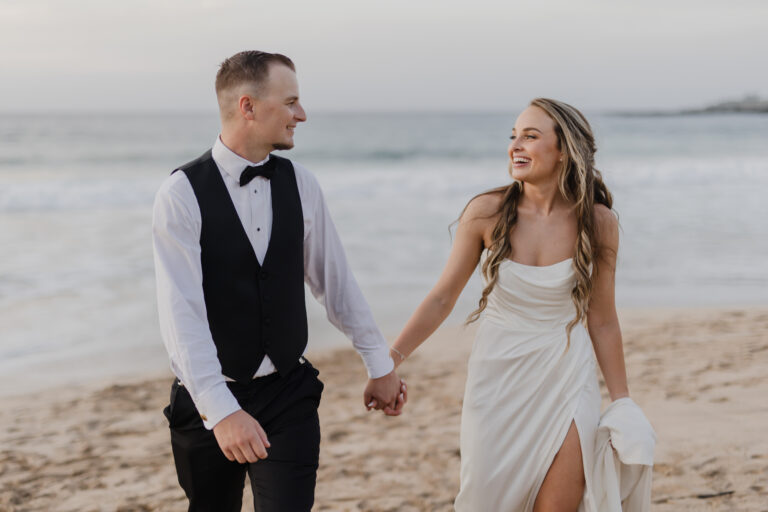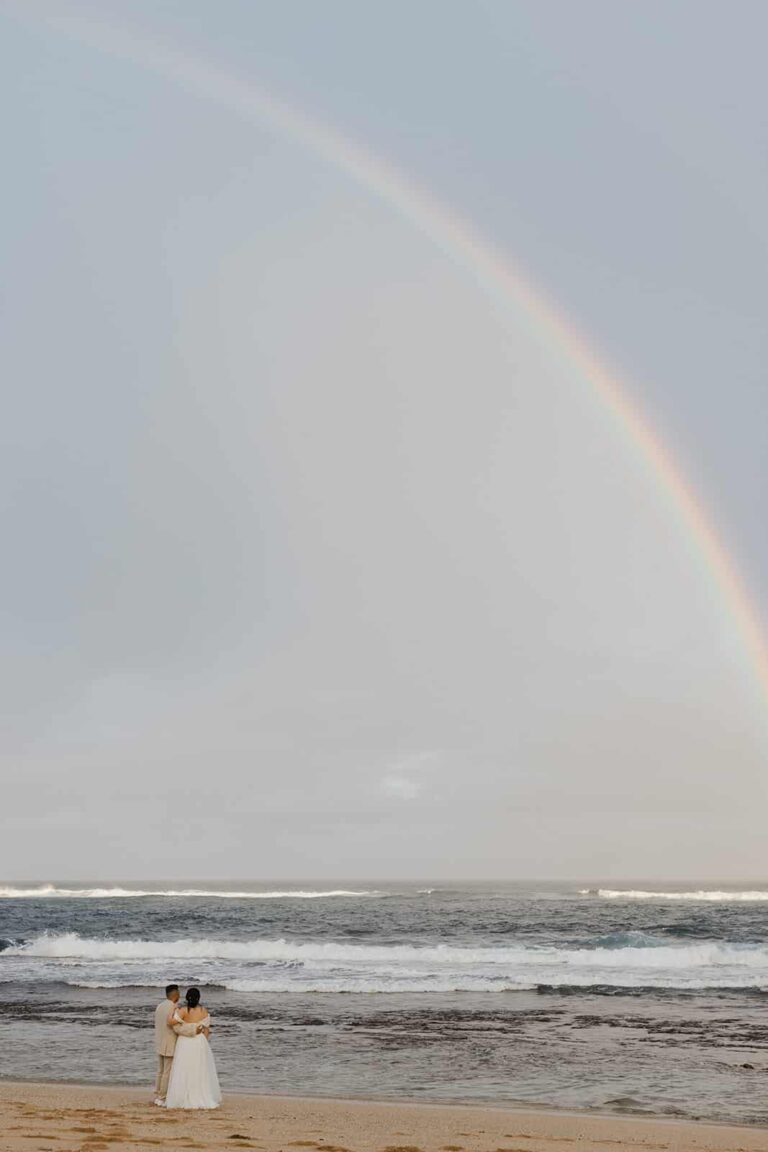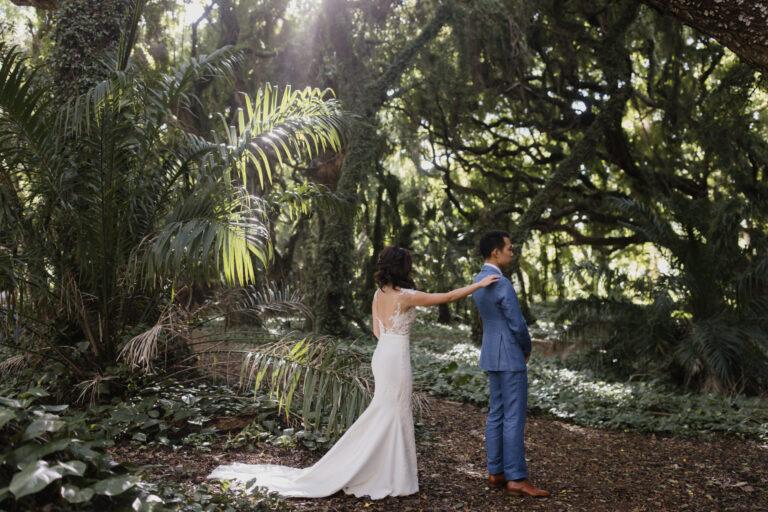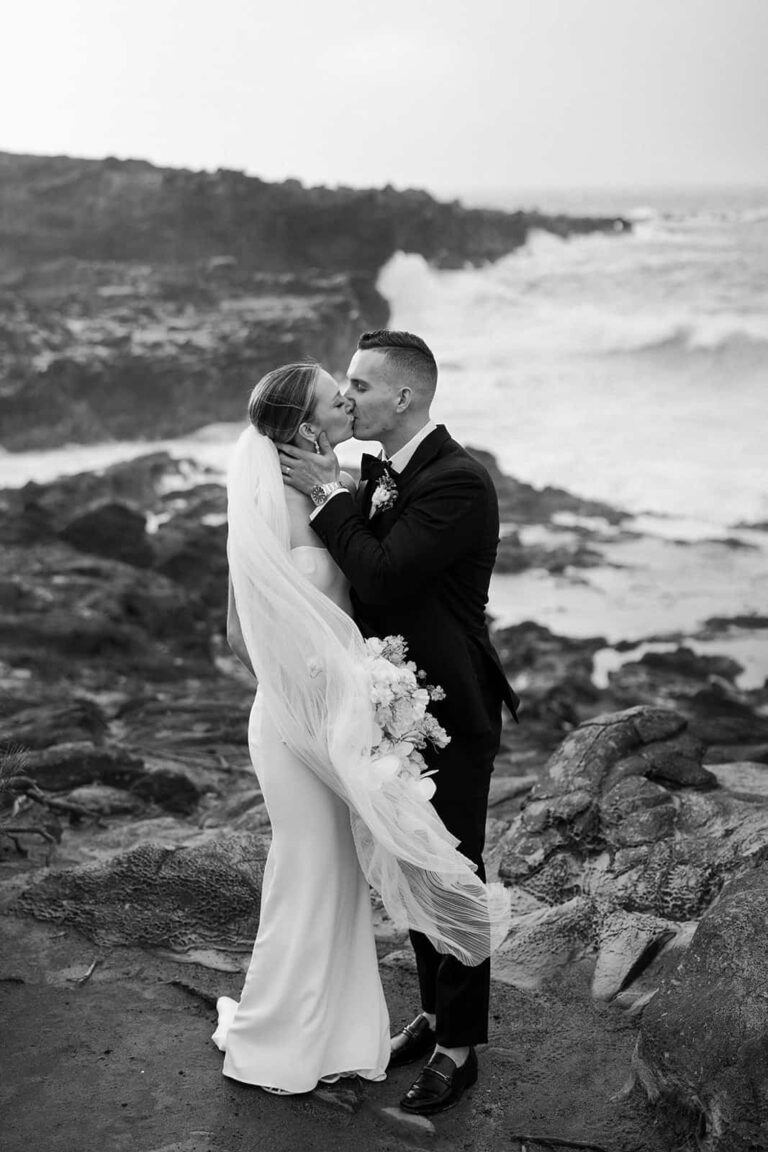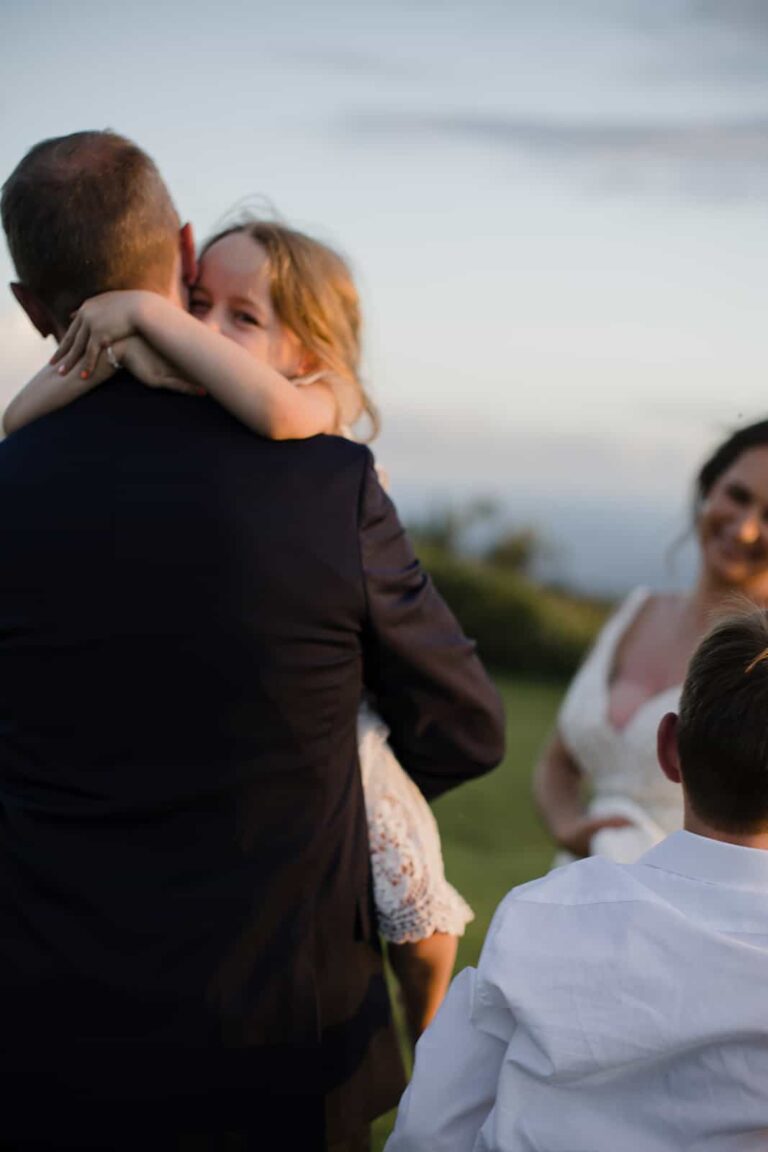Tips for an Eco-Friendly, Sustainable Elopement
Weddings have a big impact on the environment – and big might even be an understatement! According to The Green Bride Guide, 400 lbs of garbage and 63 tons of CO2 are produced, on average, per wedding. Those numbers are pretty shocking – but there’s good news too! By choosing to elope instead of throwing a big wedding, you’re already lowering your carbon footprint a ton (by a lot of tons, actually). Elopements come with their own environmental concerns, though! When you’re getting married in a beautiful outdoor space instead of in a venue, there are things you can do to create a more eco-friendly, more sustainable elopement – so this guide will give you some tips!
What is a Sustainable Elopement?
One really important thing to remember when planning your sustainable elopement is that it’s not about shaming yourself for every little thing, or about being perfect. The truth is that everything we do has some impact on the environment, and it’s important to find the balance of planning an eco-friendly day while making sure that you aren’t ripping your hair out trying to do everything “right.”
Planning a sustainable elopement is about taking your environmental impact into account, while still enjoying your day and getting married in a way that you love.
Tips for a Sustainable Elopement
Here are some ways that you can make your elopement more eco-friendly!
Learn About LNT
LNT stands for Leave No Trace – it’s a set of seven principles that you can (and should) use anytime you’re outdoors, no matter the kind of adventure! Since you’ll likely be eloping outdoors, somewhere beautiful in nature, these principles will help keep those places looking beautiful.
Here are the 7 principles of LNT, and how they might apply for your elopement day.
- Plan ahead and prepare – as your elopement planners, we’ll take care of this and make sure you’re prepared for everything, that you have the right permits, and that you’re ready for adventure!
- Travel and camp on durable surfaces – whenever you’re walking, avoid stepping on plant life. Travel on rocks, sand, or on established paths.
- Dispose of waste properly – don’t leave trash, or any other stuff, behind! Even things that are biodegradable should be packed out, as anything that’s not part of the environment can cause harm to the ecosystem.
- Leave what you find – we know taking a rock or a shell from a gorgeous Hawaiian beach is super tempting, but animals often use these, and they’re part of what makes nature so pretty. Don’t take anything with you!
- Minimize campfire impacts – if you make a campfire, make sure you’re doing it somewhere where it’s allowed, and that you buy firewood or use only driftwood that’s already dead.
- Respect wildlife – never approach or feed animals, and keep your distance. We basically just have boars here but I’ve only seen two in my life! Sharks are in the ocean, but we obviously avoid those!
- Be considerate of other visitors – when you elope outdoors, you usually aren’t renting out an area like you would at a wedding venue. There may be other people around, so make sure your elopement isn’t blocking any paths, and follow the rules about music and decor.
Use Sustainable Stationery – Or Go Paperless!
If you’re inviting guests to your elopement, when you send out save-the-dates and invitations, use paper made from recycled materials! Or, this can also apply if you want to send out announcements about your elopement to people who aren’t invited to the ceremony. You can also go totally paperless, and send digital versions instead!
Reduce Single-Use Items
One of the best ways to have a sustainable elopement is to reduce the amount of trash created on your day. Single-use items might be things like silverware, balloons, confetti, or decorations. Instead of things that will end up in the trash at the end of the day, you can replace them with rented items, or things that can be donated afterward.
Choose Sustainable Elopement Attire
Attire can sometimes be another example of a single-use item – because most couples don’t wear their wedding attire again. Now, if your dress is really important to you, and you have a specific vision of what you want, and you plan to keep it forever, remember what we said at the beginning of this guide – sustainability isn’t about being perfect!
But, if it feels right to you, you might also consider buying a dress or suit second hand, or even renting an outfit (but, keep in mind that rentals need to be returned, so make sure you’ll be able to get it clean, since your elopement is likely outdoors).
There are other things that might go into your elopement attire – for example, those jean jackets that say things like “bride” on one and “groom” on the other. Those are super cute, but let’s be real – will you ever wear them again? So, if you have your heart set on some wedding accessories, try finding a jacket at a thrift store and DIY-ing!
Donate Items From Your Elopement
At the end of the elopement day, you might have some things that you don’t need again. Instead of trashing them, donate! A lot of things can be donated – decorations and attire can go to a thrift store, and you can even donate floral arrangements to nursing homes or hospitals.
Even leftover food can often be donated. Of course, make sure you aren’t just donating scraps, but if you have a lot of food left, many food banks and shelters are able to take it.
Shop Local
If you’re traveling for your elopement, one really good way to support the place you’re in and to have a more sustainable elopement is to shop local. Here in Maui, there’s a ton of tourism, so going to restaurants run by local Hawaiians and staying at hotels that are family-owned by natives, instead of chains, helps the locals and is usually much more eco-friendly! Here’s a blog post with our favorite local small businesses.
Ready to Plan Your Sustainable Elopement?
As elopement planners and Maui locals, we want to make sure that your elopement is beautiful and absolutely perfect for you, while preserving this incredible place we call home! If you’re ready to plan your elopement, we’ll be there every step of the way – location scouting, permits, vendors, and everything you need.
Ready to start planning your sustainable elopement? Contact us!

